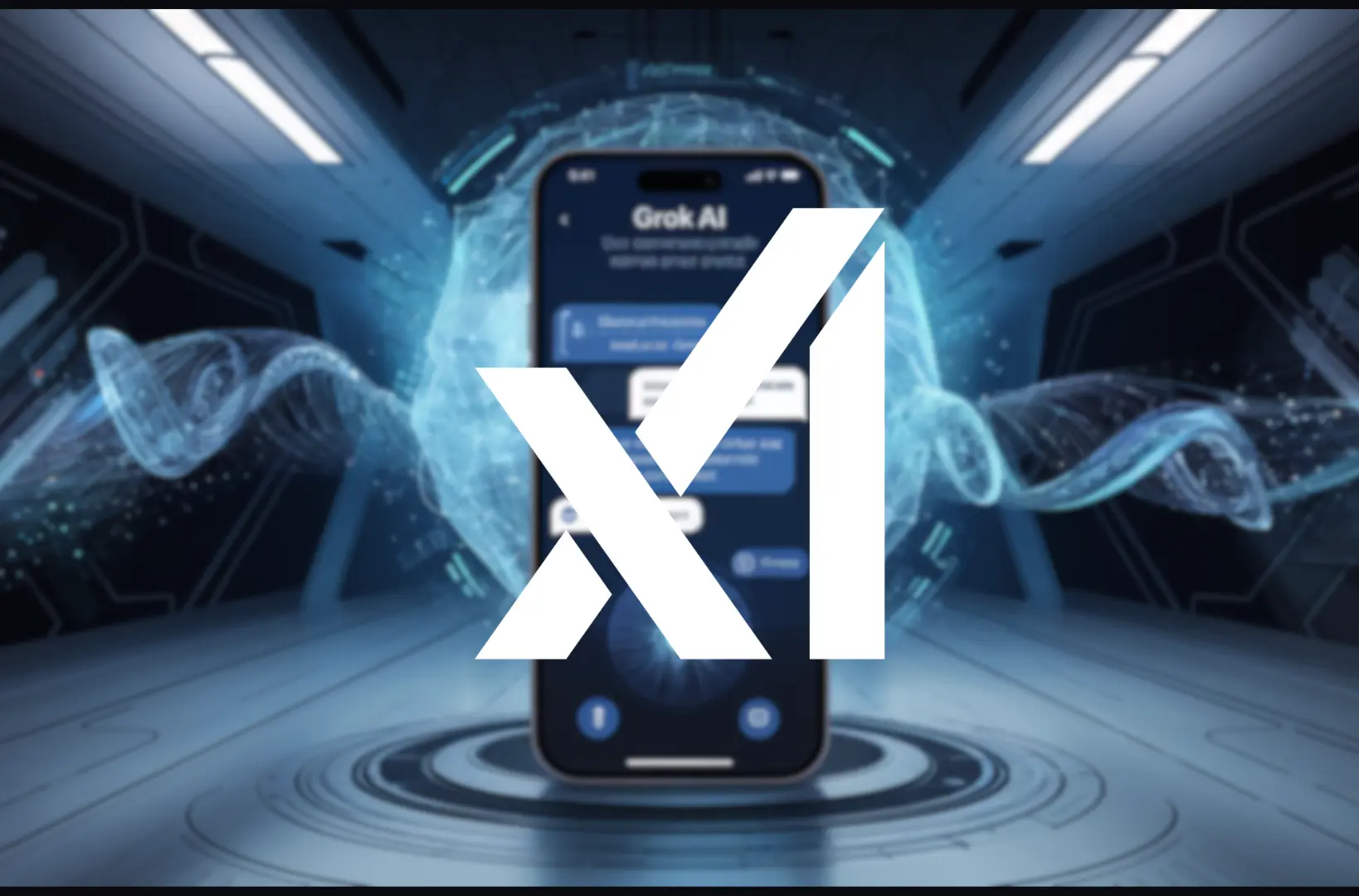Artificial Intelligence (AI) is no longer just a buzzword; it has become an integral part of industries worldwide. By 2025, AI will have firmly established its position as a critical driver of innovation, reshaping the job market and creating lucrative opportunities for skilled professionals. As organizations race to harness the power of AI, demand for experts in various roles has skyrocketed. In this blog, we explore the top AI jobs for 2025, their expected salaries, the skills required to succeed, and the emerging trends redefining the landscape.
1. AI/ML Engineer
Role: AI and Machine Learning Engineers are at the trends of AI innovation. They design, build, and optimize algorithms and models that power applications such as recommendation systems, autonomous vehicles, fraud detection systems, and voice recognition tools. Their contributions are crucial for companies aiming to stay competitive in an AI-driven market.
Salary: $120,000 – $200,000 per year, with senior professionals or those at leading tech companies earning significantly higher.
Skills Required:
- Proficiency in programming languages like Python, Java, and C++.
- Expertise in frameworks such as TensorFlow, PyTorch, and Keras.
- Strong grasp of deep learning, neural networks, and algorithm optimization.
- Knowledge of cloud computing platforms (AWS, Azure, Google Cloud).
Industries Hiring: Tech giants, fintech, e-commerce, healthcare, and autonomous vehicle companies.
2. Data Scientist
Role: Often referred to as the “sexiest job of the 21st century,” Data Scientists turn raw data into actionable insights that guide business strategies. They build predictive models, analyze customer behaviors, and enable decision-making through data-driven solutions.
Salary: $110,000 – $180,000 annually, with experienced professionals earning even more in niche industries.
Skills Required:
- Proficiency in tools like Python, R, SQL, and SAS.
- Experience with big data technologies (e.g., Hadoop, Apache Spark).
- Statistical analysis and data visualization expertise.
- Knowledge of machine learning algorithms and AI integration.
Industries Hiring: Finance, retail, marketing, logistics, and biotech.
3. AI Product Manager
Role: AI Product Managers act as the bridge between technical teams and business stakeholders, ensuring that AI products meet customer needs and achieve business goals. They play a pivotal role in defining product roadmaps, managing resources, and delivering AI-driven solutions on time.
Salary: $130,000 – $200,000 annually, with performance bonuses often included.
Skills Required:
- Knowledge of AI concepts, such as machine learning and natural language processing.
- Strong project management and leadership skills.
- Business acumen and the ability to align technical goals with business strategies.
- Proficiency in product lifecycle management and stakeholder communication.
Industries Hiring: Software development, e-commerce, and enterprise AI solutions providers.
4. Robotics Engineer
Role: Robotics Engineers design, build, and test robots that perform tasks traditionally done by humans. These AI-powered machines are now central to industries like manufacturing, healthcare, and logistics, where automation is transforming workflows.
Salary: $100,000 – $160,000 annually, with niche robotics roles offering even higher compensation.
Skills Required:
- Expertise in robotics frameworks such as ROS (Robot Operating System).
- Programming skills in C++, Python, and MATLAB.
- Knowledge of hardware integration, control systems, and sensor technology.
- Experience in prototyping and automation solutions.
Industries Hiring: Manufacturing, logistics, defense, and healthcare.
5. Computer Vision Specialist
Role: Computer Vision Specialists develop technologies that enable machines to interpret and process visual data, making them vital for applications like facial recognition, object detection, augmented reality, and autonomous vehicles.
Salary: $115,000 – $185,000 annually.
Skills Required:
- Proficiency in OpenCV, PyTorch, and TensorFlow.
- Expertise in deep learning techniques and neural network architectures.
- Strong mathematical foundation in linear algebra and computer graphics.
- Familiarity with image processing and augmented reality tools.
Industries Hiring: Automotive, security, gaming, and retail.
6. Natural Language Processing (NLP) Engineer
Role: NLP Engineers create AI systems capable of understanding, interpreting, and responding to human language. Their work powers chatbots, virtual assistants, sentiment analysis tools, and automated translation systems.
Salary: $120,000 – $175,000 annually.
Skills Required:
- Mastery of Transformer models like BERT, GPT, and T5.
- Knowledge of text mining, semantic search, and linguistic analysis.
- Familiarity with speech recognition technologies.
- Experience with libraries such as SpaCy, NLTK, and Hugging Face.
Industries Hiring: Customer service, healthcare, fintech, and social media.
7. AI Ethics Specialist
Role: As AI becomes more pervasive, ethical concerns are paramount. AI Ethics Specialists ensure that AI systems are fair, unbiased, and comply with regulatory frameworks. Their role is gaining prominence as organizations strive to build trust in their AI solutions.
Salary: $100,000 – $150,000 annually.
Skills Required:
- Deep understanding of data privacy laws and ethical frameworks.
- Ability to assess and mitigate algorithmic bias.
- Expertise in AI governance and risk analysis.
- Strong communication skills to advocate ethical AI practices.
Industries Hiring: Government, legal, healthcare, and AI-focused startups.
Emerging Trends in 2025
The AI industry is evolving rapidly, and these trends will dominate in 2025:
- AI Democratization: With the rise of the trend of no-code and low-code platforms, individuals without technical expertise can now build AI solutions, empowering small businesses to leverage AI.
- AI-Driven Personalization: Companies will focus on hyper-personalized customer experiences, creating demand for roles in recommendation engines, behavioral analytics, and customer insights.
- AI in Healthcare and Biotech: The integration of AI in drug discovery, diagnostics, and personalized medicine will drive job creation in these sectors.
- Generative AI: Tools like ChatGPT and DALL-E are setting the stage for new roles in generative content creation, marketing, and design.
- Focus on AI Ethics and Regulation: Governments and organizations are implementing stricter regulations, creating demand for professionals who can navigate compliance and ethical challenges.
- AI in Emerging Markets: Industries like agriculture, renewable energy, and education are embracing AI to solve unique challenges, opening up niche job opportunities that are on top trends.
How to Prepare for AI Jobs in 2025
To excel in the competitive AI job market, focus on the following:
- Upskilling: Take online courses, certifications, and boot camps to stay updated on the latest technologies, trends, and frameworks.
- Build a Portfolio: Showcase your skills with real-world projects, contributions to open-source AI tools, and GitHub repositories.
- Networking: Join AI communities, attend industry conferences, and engage with professionals on platforms like LinkedIn.
- Stay Updated: Follow industry trends, research papers, and news to stay ahead of the curve.
The AI job market in 2025 is brimming with opportunities for those ready to adapt, learn, and innovate the latest trends. Whether you’re an aspiring engineer, data scientist, or strategist, there has never been a better time to embark on a career in AI. The future is here — and it’s powered by artificial intelligence.
What AI role or trends excite you the most? Share your thoughts in the comments below!
- Red team vs blue strengthening business cybersecurity
- Nvidia Shares Drop as Chinese AI App Shakes Market Confidence

Jahanzaib is a Content Contributor at Technado, specializing in cybersecurity. With expertise in identifying vulnerabilities and developing robust solutions, he delivers valuable insights into securing the digital landscape.








